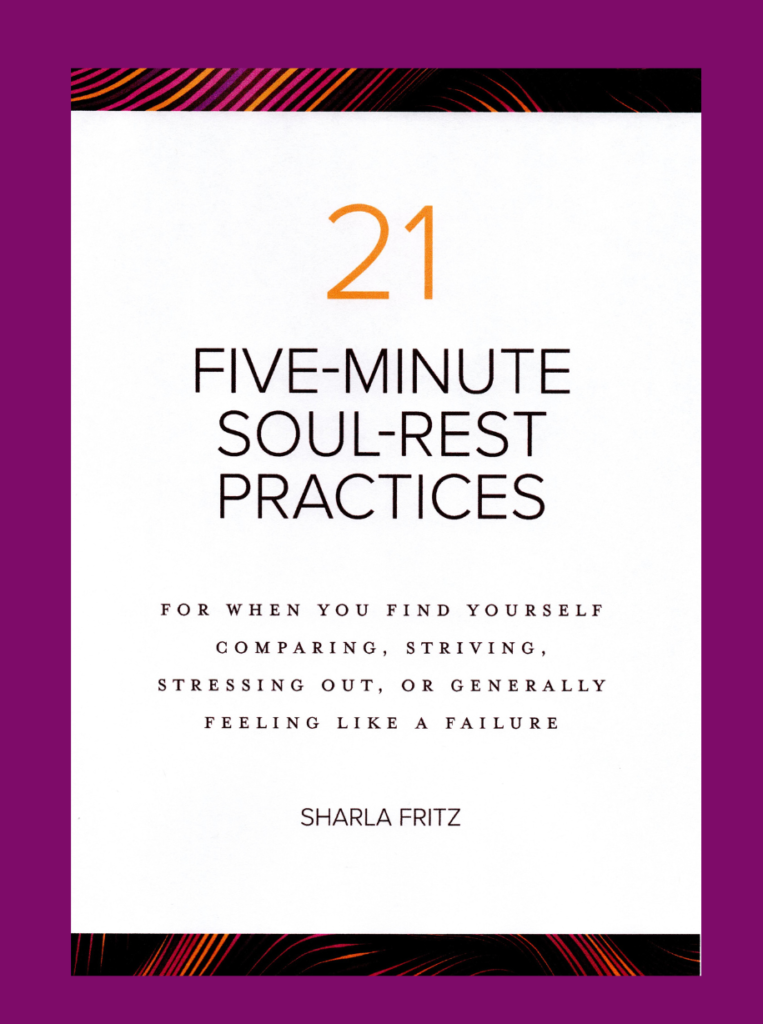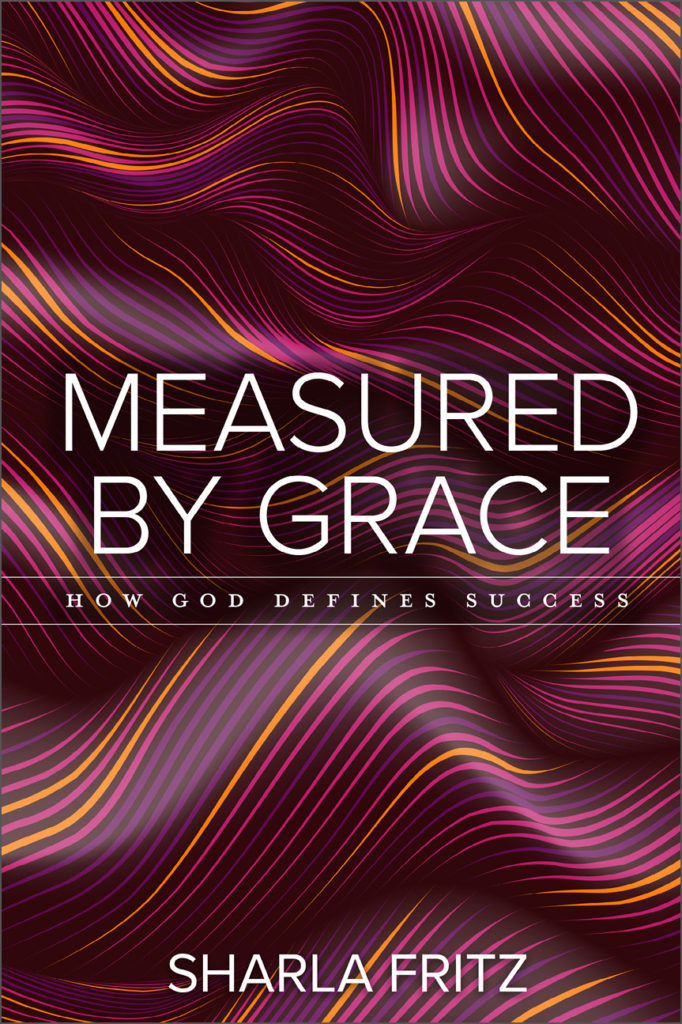
I love new beginnings. They motivate me to start new habits and learn new things. That’s why at the beginning of a new year I pick a word to guide the next twelve months. One word to inspire the next 52 weeks. One word to direct the next 365 days.
I used to make a long list of resolutions on New Year’s Eve. Lose 10 pounds. Exercise 5 times a week. Organize all closets. But most of the time, the resolutions I made on January 1 were all but forgotten by January 31.
Choosing one word has been more successful. Instead of ten or twenty resolutions to remember, it’s only one word. Plus I find it helpful to have a single focus for the year. There are dozens of things I want to accomplish, hundreds of things I want to learn, a myriad of ways I hope to grow in my Christian faith, but I find I can’t do it all at the same time. Choosing one word gives me one area to focus on during the year. By the end of those twelve months, I hope that one thing will seep into my soul and that God will work that characteristic into my heart.
However, sometimes my word of the year has met the same fate as my old resolutions–forgotten. I have picked a word in January and promptly forgotten it by February.
But a few years ago, I decided to do things differently and be more proactive in using and studying my chosen word. That year I chose the word abide, but besides simply choosing that word, I purposely set out to know what abide meant. I meditated on the word and asked God to teach me and change me. I searched through Scripture and delved into Greek and English meanings.

If you would like to get more out of your one word this year, here are a few suggestions:
- Make your word visible. I made a mini-poster of the word abide using a photo I found online. I used the photo-editing site Canva to add the word to the photo. I then printed the mini-poster and hung it near my computer where I would see it often. Here is my mini-poster.

- Find Scriptures. I did a word search on Bible Gateway (an incredibly helpful online Bible) and found Scriptures that contained the word abide. I picked one verse as a “theme verse” for the year: I am the vine; you are the branches. Whoever abides in me and I in him, he it is that bears much fruit, for apart from me you can do nothing. John 15:5
- Memorize verses with your chosen word. I also decided to memorize a few verses with the word or concept of abide. Regularly reviewing these verses imprinted them on my soul. Meditating on them opened up my heart to listen to what the Holy Spirit had to teach me about abiding. Even if you don’t like memorizing, you can obtain the same effect by posting verses with your one word on your bathroom mirror or your refrigerator. Every time you see the Scriptures, read them and remember.
- Discover the meaning of your word. To really understand the word abide, I looked up the meaning of the word on Dictionary.com. I also got more insights into the word by looking up the Greek word translated as abide in the New Testament on the site Blue Letter Bible. You can find out what I learned about abide here and here.
To receive three more ways to get more out of your one word this year, check out my 7 Ways to Make the Most of Your Word of the Year Workbook. Click the button below to view and download. You will not only gain access to more suggestions but a helpful ten-page workbook that outlines all seven methods. It gives you space to study your word and room to record your insights.
Next step: Start with this prayer: Lord Jesus, work in my heart. Open my mind to what You want to work in my soul this year. Help me to choose a word that will guide me on the path You want me to walk. Teach me and transform me in the coming months. In Your name I pray, Amen.






























Follow Me!